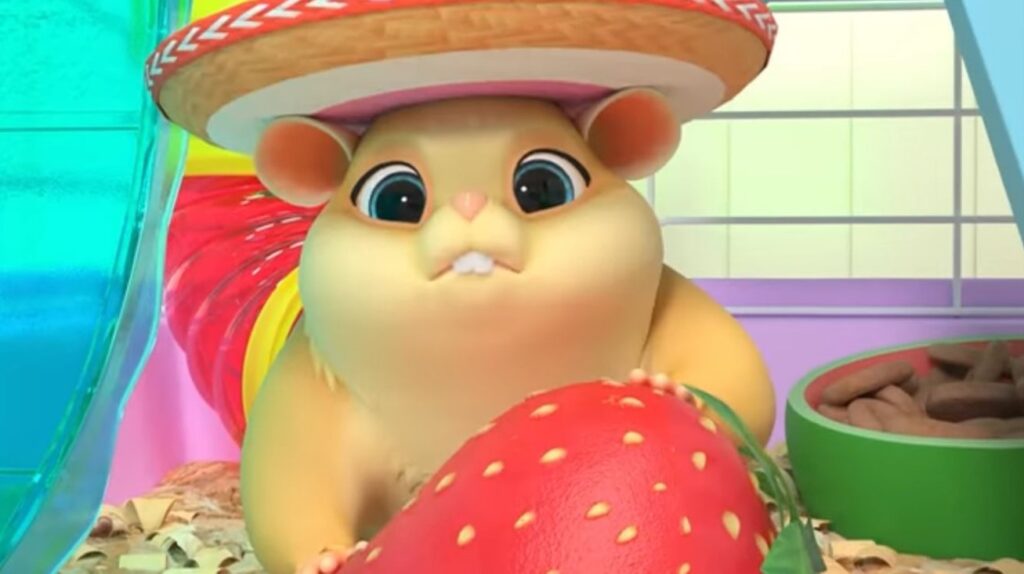Signs of Cat Dental Problems:
Cats can experience various dental problems, and it’s important to be aware of the signs that may indicate an issue with their oral health.
Here are some common signs of dental problems in cats:
Bad breath:
Foul-smelling breath, often described as “fishy” or “rotten,” can be a sign of dental disease in cats.
Difficulty eating:
Cats with dental problems may show a reluctance to eat or have difficulty chewing their food. They may drop food from their mouths or chew on one side of their mouth.
Pawing at the mouth:
If a cat is experiencing dental pain or discomfort, it may paw at its mouth or rub its face against objects in an attempt to alleviate the pain.
Excessive drooling:
While some drooling is normal, excessive drooling or the presence of saliva around the mouth can indicate dental issues in cats.
Loss of appetite:
Dental pain can make eating uncomfortable for cats, leading to a decrease in their appetite and subsequent weight loss.
Swollen or bleeding gums:
Inflamed or bleeding gums are often indicative of gum disease or other dental problems in cats.
Redness or sores in the mouth:
Lesions, ulcers, or redness in the oral cavity should be checked by a veterinarian as they could be a sign of dental issues.
Pawing at the face:
Cats may paw at their face or rub it against objects if they are experiencing dental pain or discomfort.
Behavioral changes:
Cats in pain may exhibit changes in their behavior. They might become more irritable, aggressive, or withdrawn.
Tartar buildup:
Yellow or brown deposits accumulating on the teeth, especially around the gum line, can indicate the presence of dental problems.
If you notice any of these signs in your cat, it’s crucial to take them to a veterinarian for a thorough examination and appropriate treatment. Regular dental check-ups and professional cleanings can help prevent dental problems in cats and ensure their overall oral health.
Certainly! Here are some frequently asked questions (FAQs) about dental problems in cats:
How common are dental problems in cats?
Dental problems are relatively common in cats, with estimates suggesting that the majority of cats over three years old have some form of dental disease.
What causes dental problems in cats?
Dental problems in cats are often caused by a buildup of plaque and tartar on the teeth, leading to gum disease, tooth decay, and other oral health issues. Poor dental hygiene, genetics, diet, and age can contribute to these problems.
Can dental problems in cats be prevented?
While not all dental problems can be prevented, good dental hygiene can significantly reduce the risk. Regular tooth brushing, feeding a balanced diet, providing dental treats or toys, and regular veterinary check-ups can help maintain your cat’s oral health.
What is involved in dental cleaning for cats?
Dental cleanings for cats usually involve a professional scaling and polishing of the teeth, often performed under general anesthesia. The veterinarian will remove tartar, clean beneath the gum line, and address any dental issues that require attention.
Are there any home remedies for cat dental problems?
It’s important to consult with a veterinarian before attempting any home remedies. While certain products, such as dental gels or water additives, may help reduce plaque, they are not a substitute for professional dental care.
Are there any cat breeds more prone to dental problems?
Some cat breeds, such as the Siamese and Abyssinian, are more prone to certain dental issues. However, dental problems can affect cats of any breed or mixed breed.
Can dental problems in cats lead to other health issues?
Yes, untreated dental problems can have a negative impact on a cat’s overall health. Bacteria from dental disease can enter the bloodstream and affect organs such as the heart, liver, and kidneys.
How often should I have my cat’s teeth checked by a veterinarian?
It is recommended to have your cat’s teeth checked by a veterinarian at least once a year. Regular dental examinations can help catch any issues early and prevent them from worsening.
Remember: it’s always best to consult with a veterinarian for personalized advice regarding your cat’s dental health and any concerns you may have.




